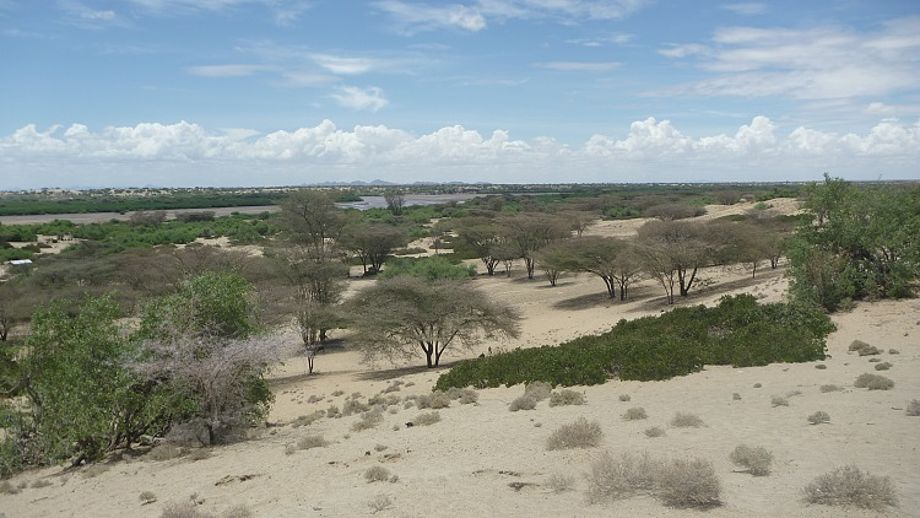Harnessing wild edible plants to improve food security

Crop failures and unbalanced nutrition are a problem in northern Kenya. A project backed by Germany's Federal Ministry for Economic Cooperation and Development is looking into how wild edible plants could help to improve the diet of the local population. The University of Passau is one of the cooperation partners to join the initiative.
Northern Kenya is a semi-arid region that receives only sporadic rainfall. Time and again, poor harvests lead to periods of famine, resulting in undernourishment and a one-sided diet. Humanitarian aid tries to provide relief but, in so doing, creates dependency among the people. As nutrition programmes are accepted, an increasing amount of traditional knowledge about wild plants and their uses is lost.
The project "Improving dietary quality and livelihoods using farm and wild biodiversity through an integrated community-based approach in Kenya" seeks to counter this trend. In alliance with the International Center for Tropical Agriculture (CIAT), an international team of researchers supervised by the organisation Bioversity International is studying the potential of wild and domesticated plants in the Kenyan counties of Turkana and Busia to contribute to the balanced nutrition of the population. The point of the project is to promote greater and more autarkic self-sufficiency in the region. A catalogue of recommendations for the authorities will be developed in close collaboration with the local population and on-site organisations, and the local population will be encouraged to launch supply initiatives.
As head of the working group "Diversity and distribution of useful plants", Professor Christine Schmitt, who holds the Chair of Physical Geography with a focus on Human-Environment Research at the University of Passau, has been providing her expert knowledge to the research network. Together with doctoral student Wyclife A. Oluoch, her focus in the project is on the region's trees: "We want to find out which wild-growing tree species the people use as a food source", Schmitt explains. "We are also interested in how trees contribute to local nutrition security and how they are affected by the effects of climate change." The transdisciplinary project takes an integrated approach. Social scientists and nutrition researchers from the universities of Nairobi, Hohenheim and Göttingen as well as a host of other partners are involved. This ensures that, aside from political decision-makers and NGOs, the local population is able to partake in the research right from the start.
The project receives financial support from the Federal Ministry for Economic Cooperation and Development (BMZ).
Photo: North Kenia. © Christine Schmitt
| Principal Investigator(s) at the University | Prof. Dr. Christine Schmitt (Lehrstuhl für Physische Geographie mit Schwerpunkt Mensch-Umwelt-Forschung) |
|---|---|
| Project period | 01.10.2019 - 30.06.2023 |
| Source of funding |  BMZ - Bundesministerium für wirtschaftliche Zusammenarbeit und Entwicklung |

